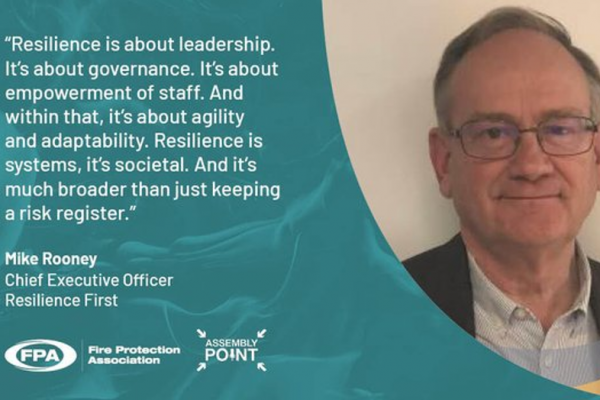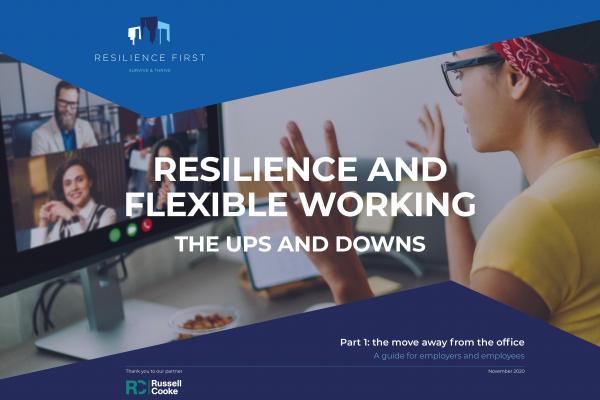Happy New Year! The year ahead and the rest of the decade will be marked by change at an ever-increasing rate. Change, whether for the better or worse, will be accompanied by volatility, uncertainty, complexity and ambiguity.
Beyond the shortish-term issues of an American election, unfolding Brexit and international trade disputes, four long-term developments will be significant: climate change, environmental degradation, demographic imbalances, and technological challenges. They are the ‘known unknowns’ of Rumsfeldian logic, which leaves the ‘unknown unknowns’ to add to the turbulence.
The effects of all these drivers will require their own mitigating measures. Yet, the challenges are in general so enormous in scale and without easy resolution that mitigation will have to be accompanied by an ability to adapt. Businesses the world over will have to adapt their strategies and organisations to cope with change, and be nimble of foot to take advantage of the opportunities and so beat the competition. Those that do this quickly and most effectively will win. Citizens and communities will also need to adapt their lifestyles and attitudes but this will take longer.
Resilience will be the leitmotif. The word 'resilience' has recently lost some of its relevance by being over-used. Much like strategy, one can have a strategy or resilience for most activities; both are abilities not outcomes. However, in many commentaries on resilience the one key feature that is often missing is adaptation. This means changing to the new set of circumstances by becoming more agile, robust and inventive. None of these characteristics alone will confer resilience; together they are powerful.
Resilience also involves a continuous loop of prepare, respond, recover, and adapt – see figure below. This means learning from past experiences and shaping future actions accordingly. Learning lessons and learning how to learn are key ingredients that can shape adaptation. These are the soft skills that combine with empowerment and leadership to mark out a successful organisation and a supportive community.
Here are some actions that will help with adaptation:
- Leadership – Develop a shared, holistic vision that has speedy, action-oriented decision making and cohesive governance at the core.
- Empowerment – Develop empowered individuals and cross-silo working that can operate as an ecosystem without top-down direction.
- Agility – Develop a flexibility that is responsive to an enhanced situational awareness, thereby ensuring added value.
- Learning – Develop a continuous ability to learn and rapidly transfer skills to take advantage of new practices and processes.
- Community – Develop a network of teams and supporting communities that have collaboration, trust and transparency at the heart.
- Technology – Develop a readiness to grasp and shape new tools and technologies that will help deliver better services and skills.
Over the coming year, Resilience First will be developing a programme of events and work streams to help understand and apply the principles and practices of resilience. Join the journey!
For an in-depth look at agility, see the McKinsey & Company report on ‘Embracing agility in a volatile world’ here.

For further reading, please visit our Knowledge Hub.



